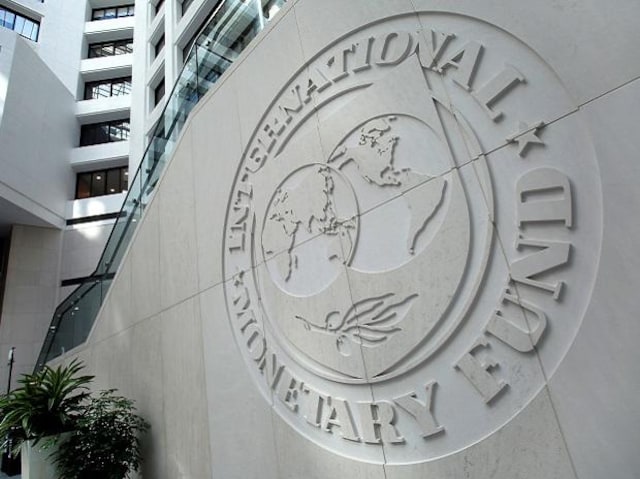Zambia which is known as a country under “debt distress” from China has finally received a USD 1.3 billion financial loan from the International Monetary Fund, media reports said.
Zambia’s finance minister, Situmbeko Musokotwane, was able to receive a USD 1.3 billion loan from the IMF with a grace period of five and a half years and a final maturity of ten years, reported Financial Post.
This comes at a time when China is already responsible for almost 30 pc of Zambia’s debt when compared to non-Chinese private creditors.
Terming it a great offer, Financial Post said that the IMF agreement means a lot to the other low-and middle-income nations who are under the trap of China’s debt-diplomacy.
Looking at the IMF deal closely, it is understood that Zambia would prioritize recurrent expenses over investments in public infrastructure, which are traditionally funded by Chinese stakeholders, reported Financial Post.
Zambia has specifically stated that it will completely cancel 12 planned projects, half of which were expected to be funded by China EXIM Bank, along with one by ICBC for a university and another by Jiangxi Corporation for a dual highway from the capital.
Additionally, the government cancelled 20 of the unpaid loan sums, some of which were for brand-new projects and others for ongoing ones. Such cancellations are not unusual for Zambia, but the majority of these loans come from Chinese partners.
Ten of the cancelled loans are from China EXIM Bank; together with three other Chinese loans from ICBC (USD 303 million) and one from Jiangxi Bank (USD 157 million), these loans will save Zambia USD 1.1 billion over the next few years. The remaining six undistributed loan sums, totaling USD 483 million, are primarily from commercial lenders.
While some of these cancellations may have been initiated by Chinese lenders themselves, especially those in arrears, Zambia seems to have escaped the clutches of the Chinese. Dealing with the devil can never be beneficial in the long term.
China plays out a ploy when it comes to giving loans to the African nations because what Beijing actually seeks is the resources. In these loans, repayment is not made with cash but in terms of giving first access to China for its rare earth metals.
The other thing to comprehend about the Zambia-IMF agreement is that China will probably take a backseat as a development partner, which is connected to the first, as
The IMF’s agreement permits the continuation of 62 concessional loan projects from 12 different lenders, the majority of which are managed by international institutions and once again include ongoing expenses as opposed to infrastructure-focused initiatives.

